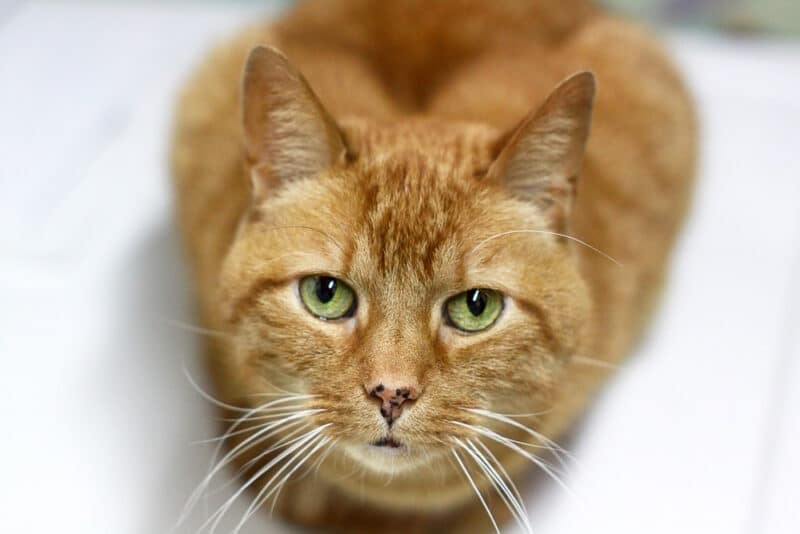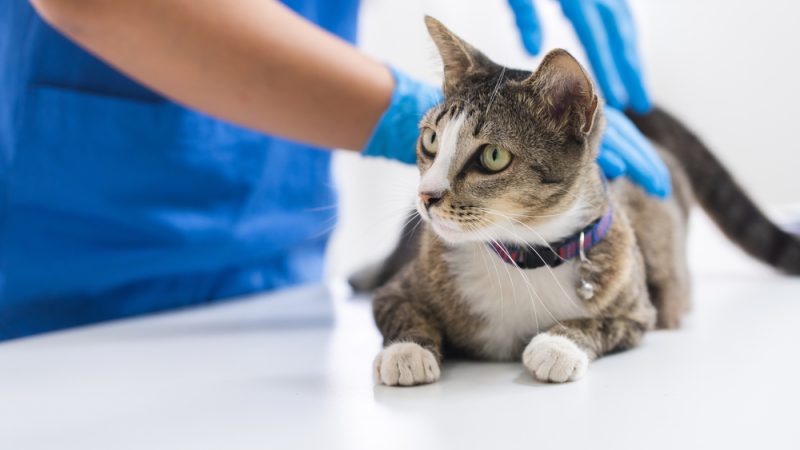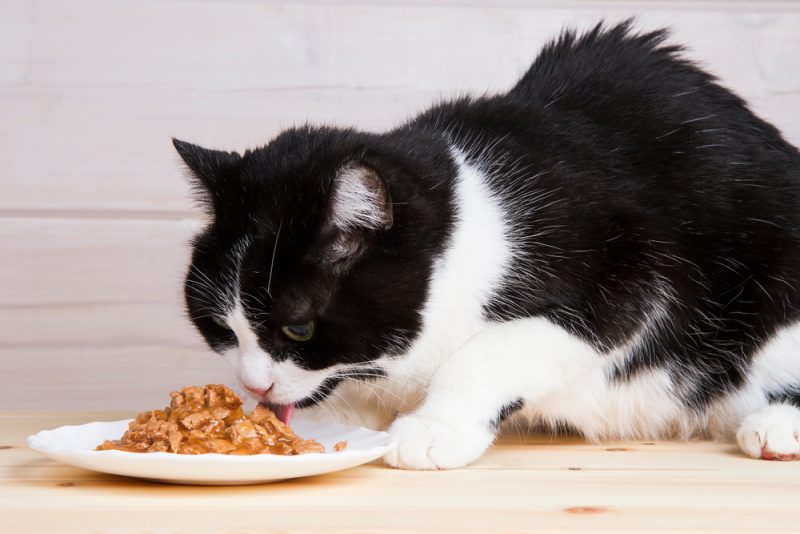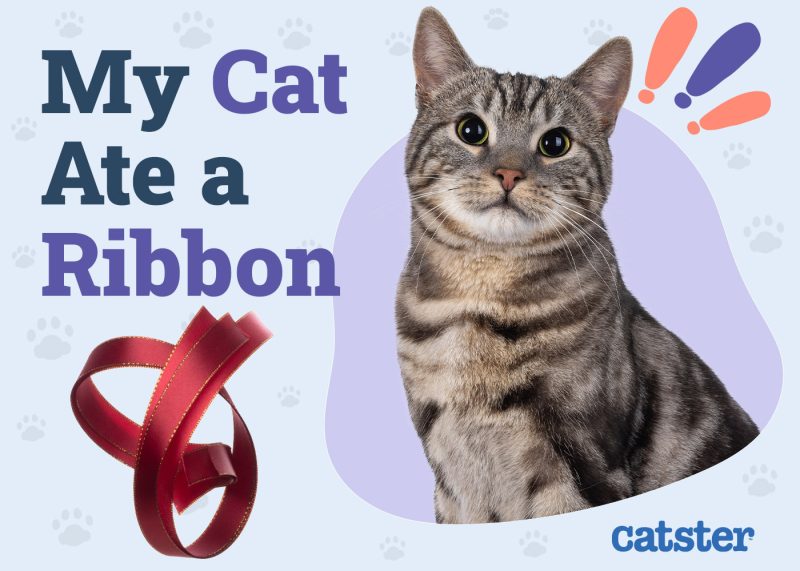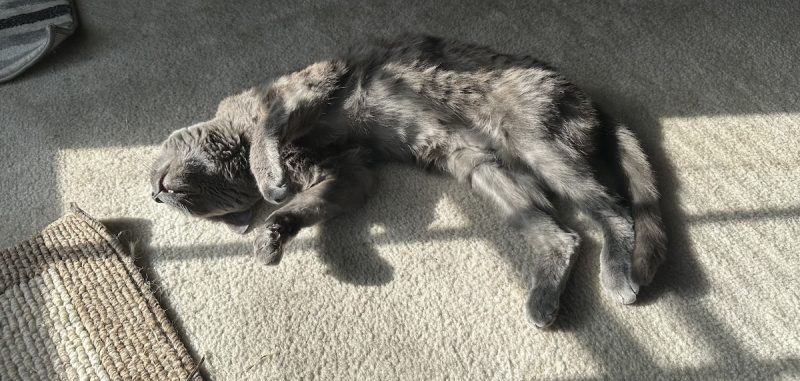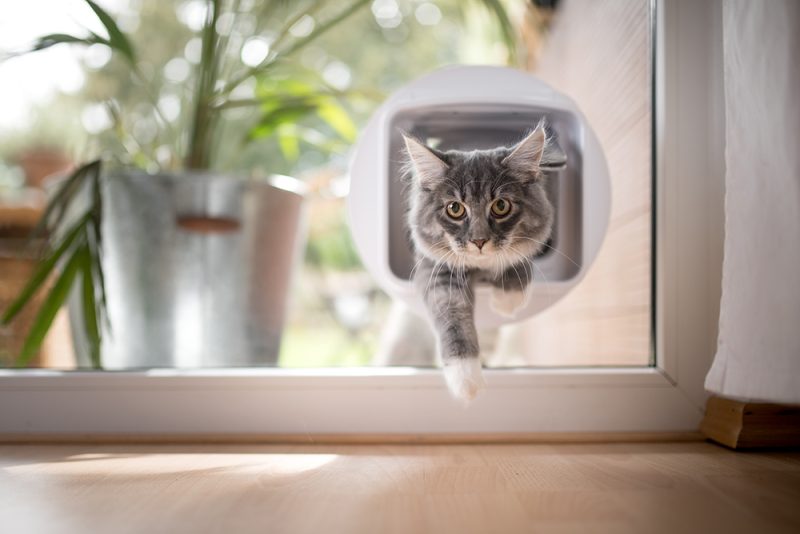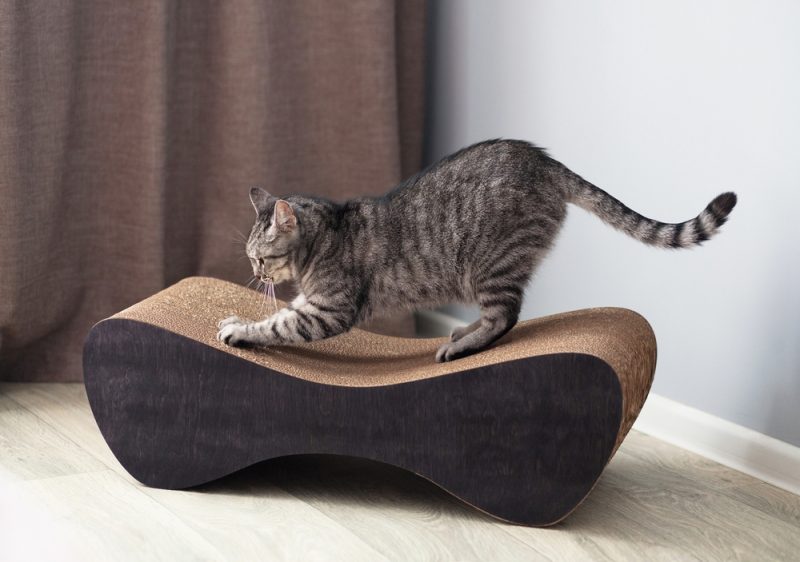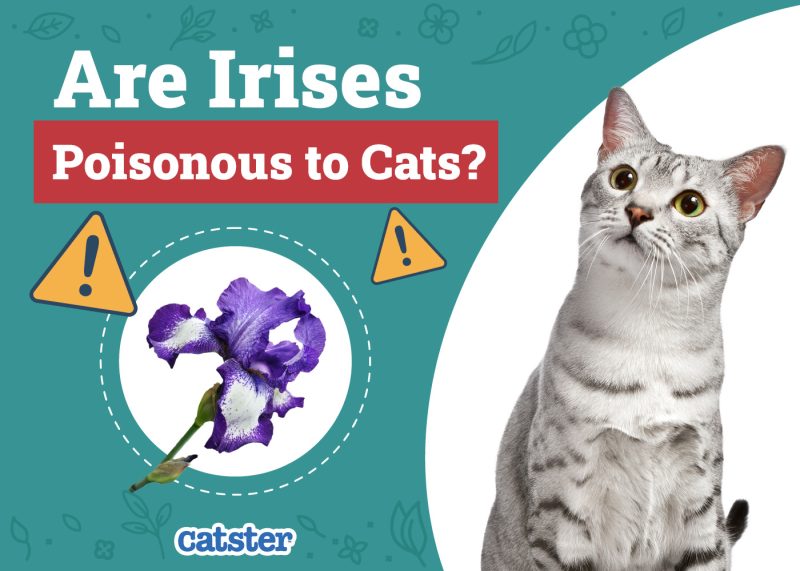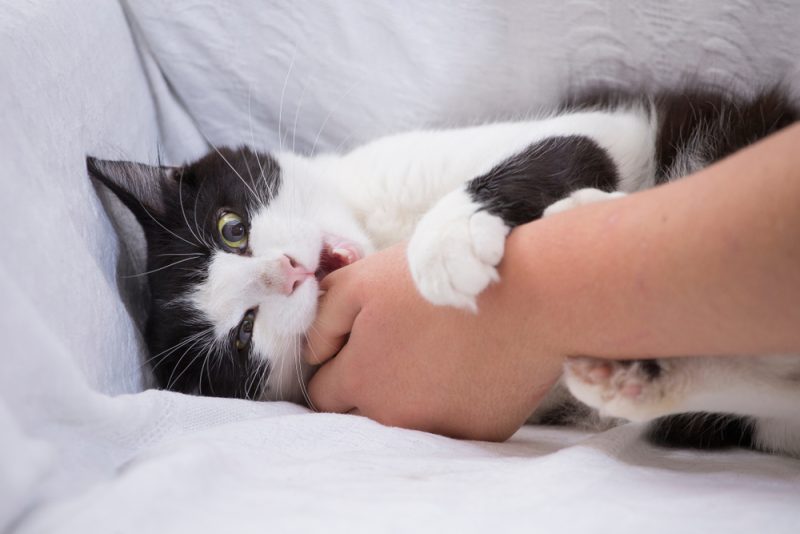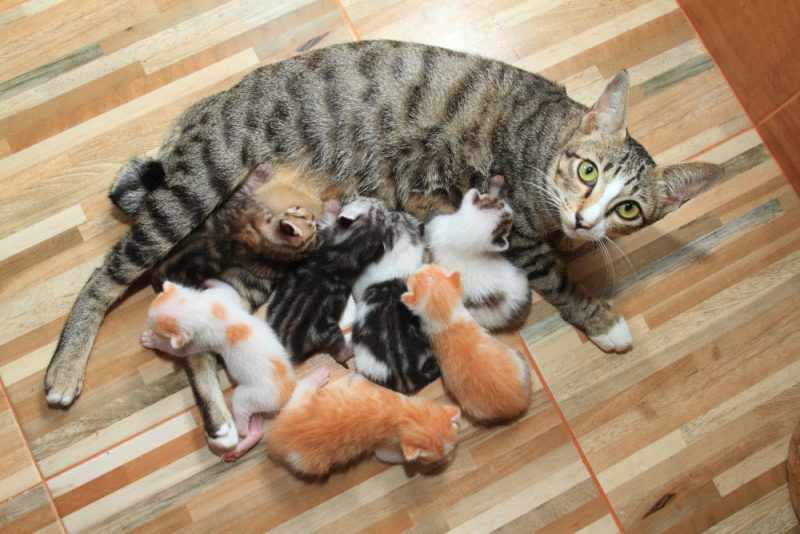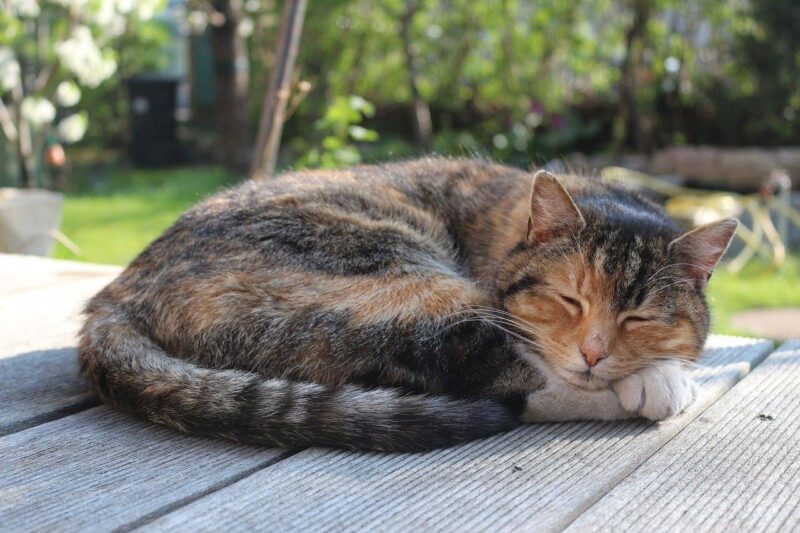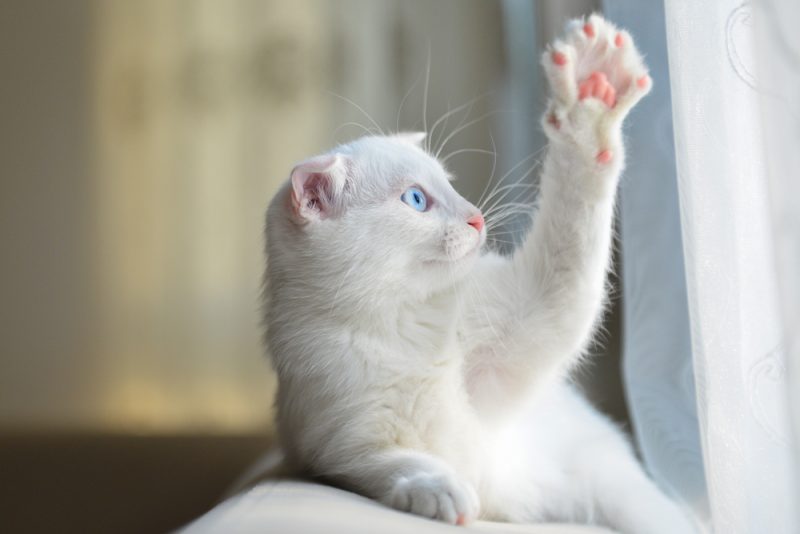In this article
View 3 More +A cat’s nose is extremely sensitive. It is one of the only parts of the body that is not covered in protective hair. Cats’ noses are very powerful, and they are on the front lines of grooming, drinking, and eating. A cat’s nose can become raw and irritated, which can also cause it to become red, flakey, or scabby. In most cases, a temporarily raw nose on a cat is nothing to worry too much about. More often than not, the rawness has a simple cause and will heal on its own. However, there are instances where a raw nose can be a sign that something deeper or more serious is going on. Here are seven reasons why a cat’s nose might become raw and when you should see a veterinarian.

The 5 Common Reasons Why a Cat’s Nose Is Raw
Most of the common reasons for nose rawness in cats are simple. These are the five most common reasons for nose rawness in cats. Each one is a minor or mild condition that usually has a simple solution.
1. Excessive Licking
Cats are known for their frequent grooming. They spend long hours each week grooming and licking themselves. Some cats also lick their own noses. Sometimes, this is accidental during grooming and other times, cats lick their noses on purpose. Cats have very rough tongues used to break up dirt and fur during grooming, but this rough tongue can rake the sensitive surface of the nose, causing it to become raw. Cats that visibly lick another cat’s nose through allogrooming can accidentally lick them raw.
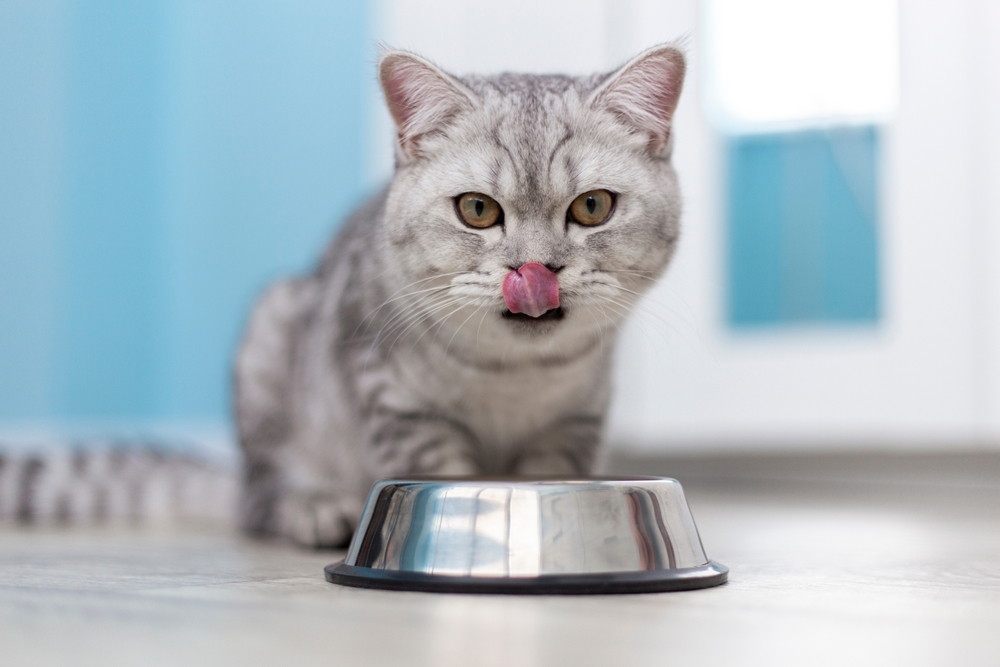
2. Environmental Factors
Just like in humans, environmental factors can play heavily on a cat’s nose. Excessively hot, dry weather or excessively cold, dry weather can cause a cat’s nose to become raw. This can even occur if a cat is an indoor cat. During the winter, for example, the inside of people’s homes are typically warm and dry. People who keep the heat cranked up all winter can create an environment that can dry out your cat’s nose and cause it to become raw. If a cat’s nose becomes dry or itchy, they might try to lick it to relieve the sensation, which will compound the problem.
3. Trauma
Injury or trauma can also cause a cat’s nose to become raw. Cats can get scratched on the nose, accidentally burn their nose, or get an abrasion from something in the environment. Any one of these things can cause scabbing and rawness on the nose. If your cat has recently had an accident or a scuffle with another animal, they could have picked up a small injury that affected the nose.
4. Viral Infections
Viral infections can sometimes infect the skin of the face, including the nose, leading to a raw, red nose. If you notice this, it can become serious, or there may be other viral consequences such as oral ulcers. Speak with your vet if you have any concerns this may be the case.
If you need to speak with a vet but can't get to one, head over to PangoVet. It's an online service where you can talk to a vet online and get the advice you need for your pet — all at an affordable price!

5. Sunburn
Most people don’t think about sunburn in animals. This is because most animals have ample protection against sunburn. Fur is an excellent example. It is nearly impossible for the sun’s rays to penetrate a healthy fur coat on an animal. However, the tip of a cat’s nose contains no fur. This hairless portion is vulnerable to becoming sunburned. If your cat spends a lot of time outside or sleeps in a window that gets a lot of hot sun, they could contract some slight sunburn on the nose, which can cause it to become raw. If the redness continues, however, it could be an early indication of skin cancer, so speak to your vet with any concerns.

Uncommon Reasons Why a Cat’s Nose Is Raw
In rare cases, a raw nose can be a sign that something deeper is going on with your cat. These reasons are far less common, but they can be serious if they develop in your cat. If your cat has a persistent raw nose or irritation that simply will not go away, you should consult your veterinarian to rule out more serious problems.
Autoimmune Disease
Some autoimmune diseases can cause skin rawness and itchiness in cats. It can be hard to spot and identify an autoimmune disease in cats without a professional diagnosis by a veterinarian. Signs of an autoimmune disease include rawness of the nose that does not resolve on its own and rawness that persists for weeks on end. Other areas of the body may also be involved.
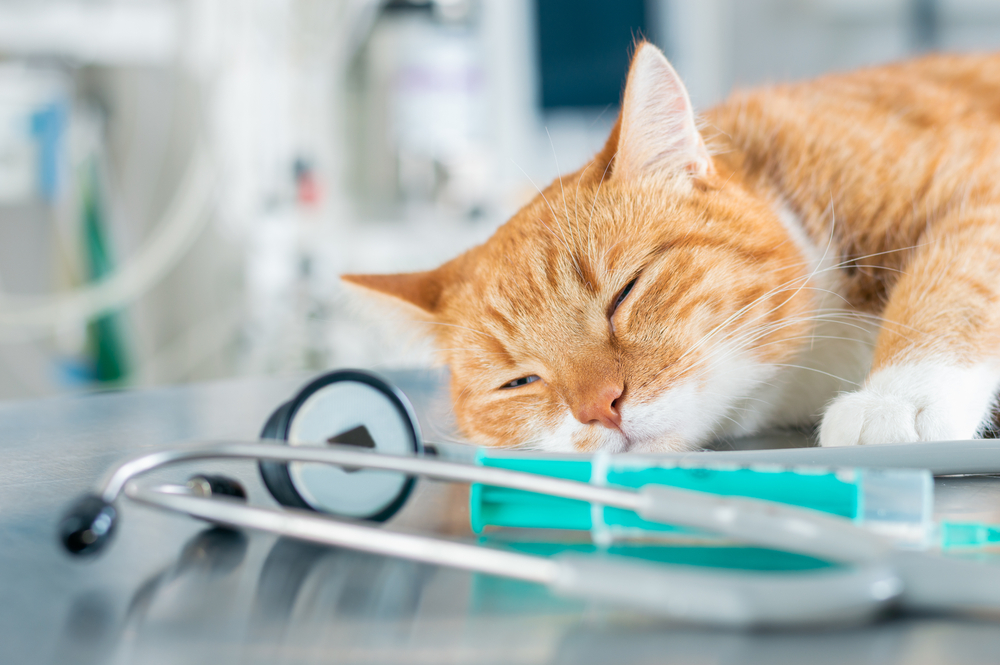
Cancer
Sometimes, a cat can get a form of skin cancer on the nose that causes rawness before progressing into a lesion or tumor. Skin cancer of the nose is rare, and when it occurs, it typically does so in older cats. Skin cancer of the nose rarely appears in young cats. If you are worried that your cat might be showing signs of skin cancer of the nose, you should go to your veterinarian for a checkup.

How to Treat a Raw Nose in Cats
In the vast majority of cases, a raw nose will resolve on its own. You do not need to do anything special to help your cat heal. If there are environmental factors contributing to the rawness, you might need to tweak them to help alleviate the root cause. For example, you might need to get a humidifier if your home is particularly dry. If your cat continues to aggravate the area through licking, you might need to speak with your veterinarian to see if other treatments should be pursued.
When to See a Veterinarian
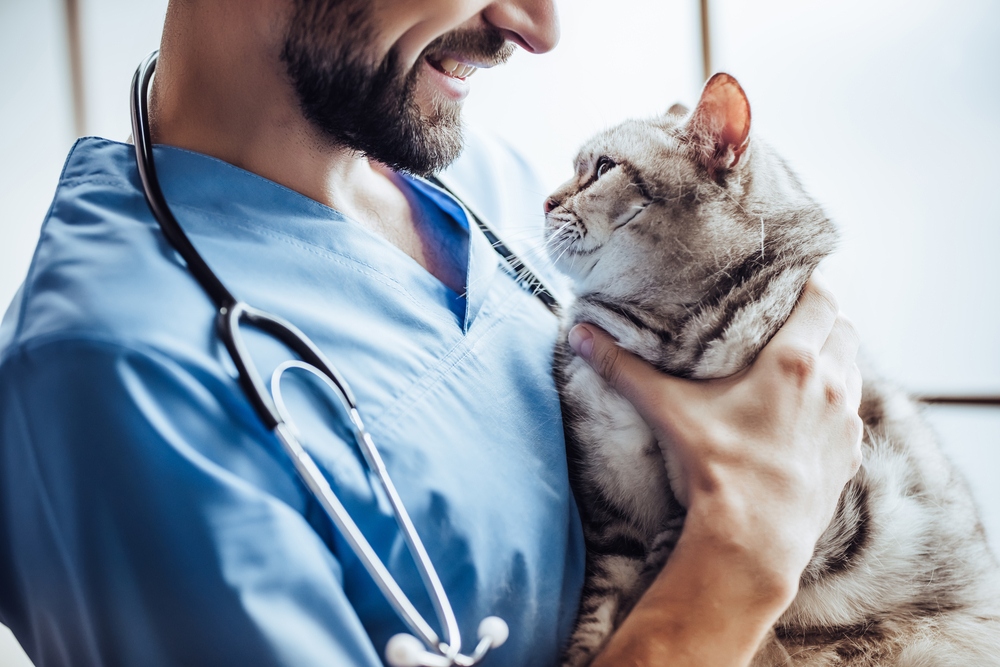
There are two reasons why a raw nose might prompt a visit to the veterinarian. The first is if the rawness or irritation persists or gets worse. Rawness can progress into scabbing or turn into nodules that are more visible. If your cat’s nose is persistently raw or if the rawness is causing your cat discomfort, you should get it checked out by a veterinarian.
The second reason is if the nose rawness occurs in conjunction with other concerning signs.
- Watery eyes
- Nasal discharge
- Scabbing
- Lack of appetite
- Refusal to drink
- Sneezing
These signs can be an indication that something worse is going on than a simple dry nose. If you see any of these signs in conjunction with persistent nose rawness, you should visit your veterinarian to seek treatment advice.

Conclusion
Cats can get raw noses in many of the same ways that people do. Dry air, slight trauma, and mild sunburn can cause the nose of a cat to become irritated. Many times, these problems will be resolved on their own. If you are worried about your cat’s nose because of its longevity or because it has progressed to scabbing or nodules, you should see a veterinarian to determine the underlying cause. If your cat seems to be irritated or is being affected by a raw nose to the point where they are visibly uncomfortable, you should also seek veterinary care.
Featured Image Credit: Catherine Anne Thomas, Shutterstock
